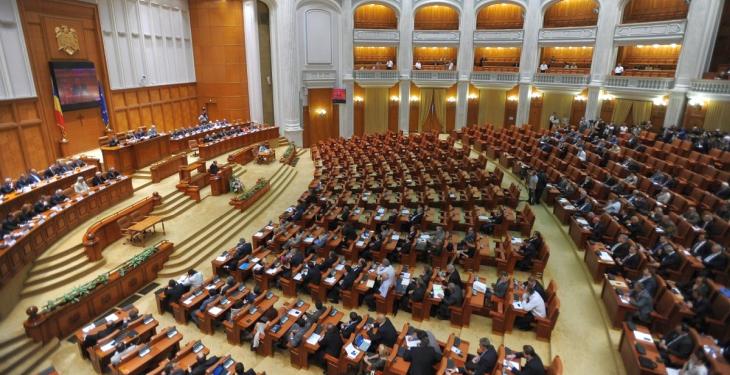The new governance program takes over the ideas of the old program, including the creation of a National Development Fund (FND) other than the Sovereign Investment Fund (FSDI), as it wrongfully motivates the unbundling of the energy companies on a criterion not demanded by the European Union, told energynomics.ro the former head of the State Privatization Offices (OPSPI), Gabriel Dumitraşcu.
Viorica Dăncilă‘s government was approved by the Parliament, on Monday, with 282 votes in favor and 136 abstentions, a few hours after all ministers received favorable opinions in the parliamentary committees.
The new Energy Minister said: “I will fight for the Tarniţa system!”
The new government’s plan states that “alongside the FSDI, a National Development Fund (FND) will be set up, which will include companies where the state detains holdings and which are currently managed by AVAS, but also state-owned companies that will not be included in FSDI because of the European ban, which states that in some cases, production and distribution companies cannot be managed by the same entity, thus avoiding monopoly behavior. As a result of these regulations, Transelectrica and Transgaz will be managed and held by the FND, and Hidroelectrica and Romgaz by FSDI”.
“There is a confusion in motivation. The first unbundling (separation of activities – e.n.) was done among transport and distribution activities, and the second is, for clear distinction – between the distributor and the supplier… and not between the producer and the distributor. The technical argument is wrong, as there is no… There was a working group unable to read the legal framework in which it should work. It is not forbidden at present according to Romanian or European legislation to be at the same time producer and distributor of energy”, Dumitraşcu told us.
The government announced in early 2017 that it wished to establish a Sovereign Investment Fund, which would aim to develop and finance cost-effective and sustainable investment projects worth more than ten billion euros.
The Romanian State, through the Ministry of Economy, will be the sole shareholder for the entire period of operation of the Sovereign Development and Investment Fund (FSDI).
According to the PSD Governance Program, new public investment instruments are to be created – eg “establishing a sovereign investment fund to effectively manage and monetize minority state holdings”, writes Mediafax.
The objective of the FSDI is to stimulate economic development by investing in infrastructure and strategic companies and strengthening the role of the state by properly managing minority holdings and obtaining liquidity from bond issuance, capitalization of certain assets, dividends and other sources attracted to investment projects.
Beside FSDI, at the latest in the second half of 2017, a National Development Fund (FND) will be set up, which will include companies where the state holds holdings and which are currently managed by AVAS, an authority which is to be eliminated. Like FSDI, the FND will remain the exclusive property of the Romanian state throughout its lifetime, cites Mediafax from the previous governance plan document presented in February 2017.

